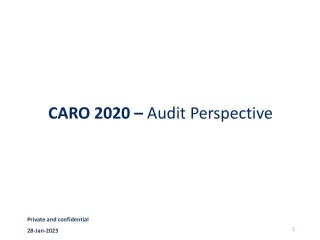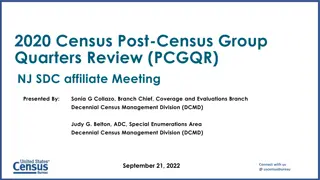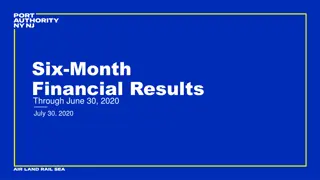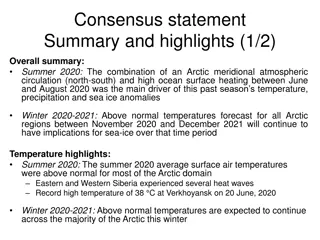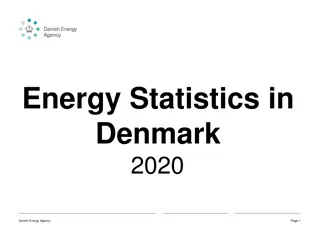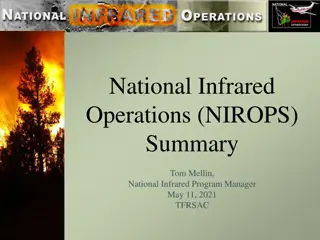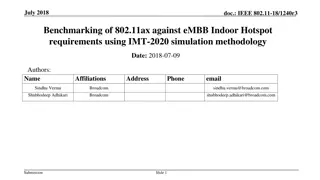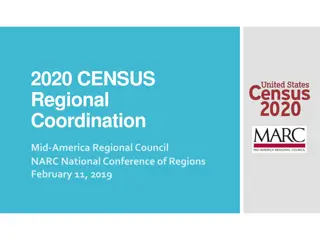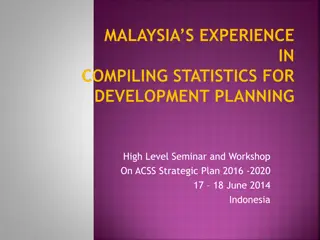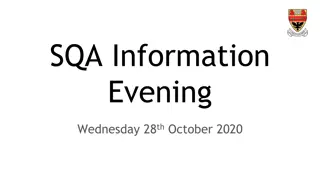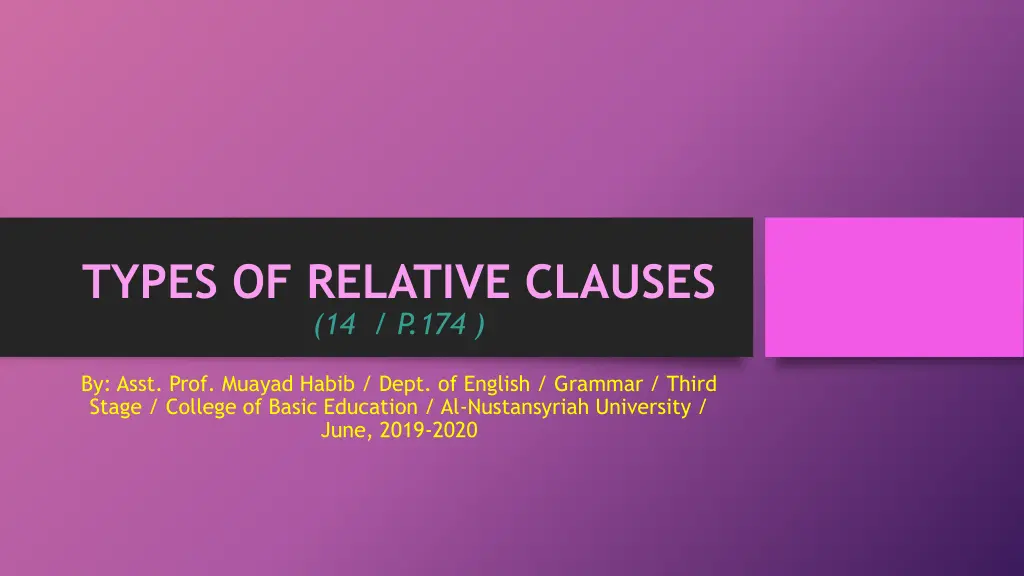
Types of Relative Clauses and Dependent Clauses Explained
Learn about the two types of relative clauses - restrictive and non-restrictive, as well as the three main types of dependent clauses - relative, noun, and adverbial. Understand the difference between a clause and a sentence, and grasp the essential concepts of grammar related to clauses. Dive into the world of English grammar with Asst. Prof. Muayad Habib's detailed explanations.
Download Presentation

Please find below an Image/Link to download the presentation.
The content on the website is provided AS IS for your information and personal use only. It may not be sold, licensed, or shared on other websites without obtaining consent from the author. If you encounter any issues during the download, it is possible that the publisher has removed the file from their server.
You are allowed to download the files provided on this website for personal or commercial use, subject to the condition that they are used lawfully. All files are the property of their respective owners.
The content on the website is provided AS IS for your information and personal use only. It may not be sold, licensed, or shared on other websites without obtaining consent from the author.
E N D
Presentation Transcript
TYPES OF RELATIVE CLAUSES (14 / P.174 ) By: Asst. Prof. Muayad Habib / Dept. of English / Grammar / Third Stage / College of Basic Education / Al-Nustansyriah University / June, 2019-2020
How many types of relative clauses .. ? There are two types of relative clause: restrictive (or defining) relative clauses and non-restrictive (or non-defining) relative clauses. The difference between them is as follows: A restrictive relative clause provides essential information about the noun to which it refers.
Types of dependent clauses . There are three main types of dependent clauses: relative, noun, and adverbial. A relative clause is an adjective clause that describes the noun. It is important to remember that a relative clause is not a complete thought!
What is a clause ? A clause is a group of related words containing a subject that tells readers what the sentence is about, and a verb that tells readers what the subject is doing. A clause comes in four types; independent, dependent, relative or noun clause.
What is the difference between a clause and a sentence ? A clause has a subject and a verb. A sentence has a subject and a verb and expresses a complete thought. That's the simple difference. ... An Independent clause has a subject and verb and may stand on its own as a complete thought, but it doesn't have to.

